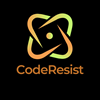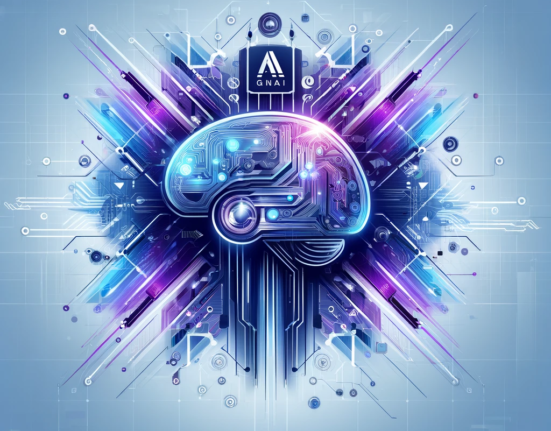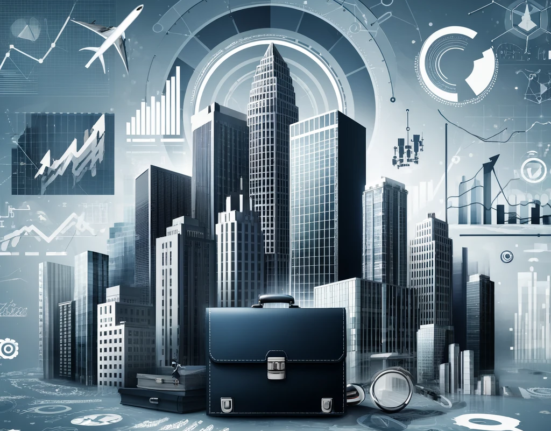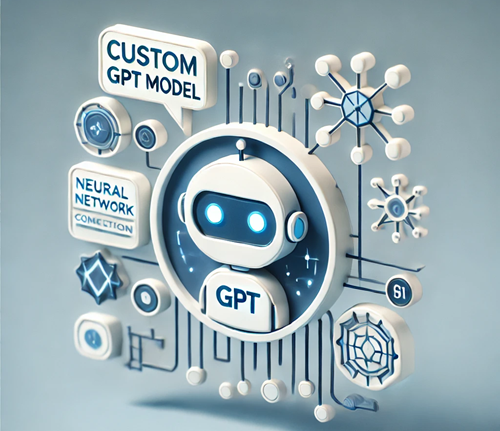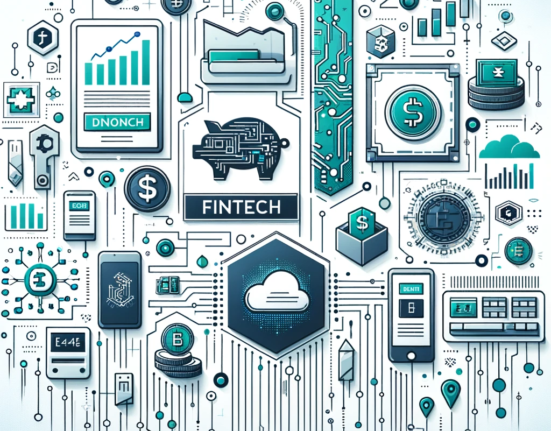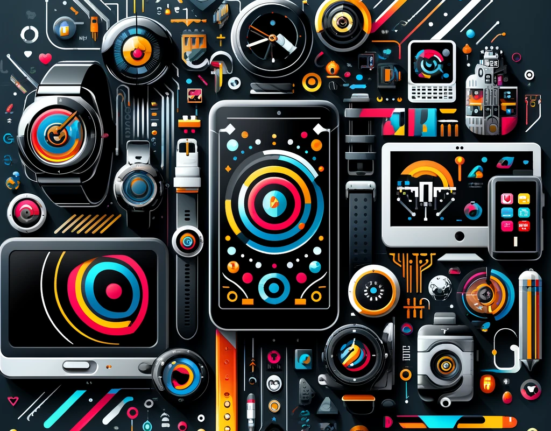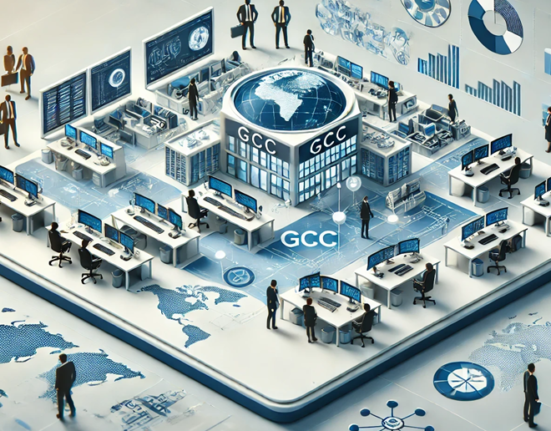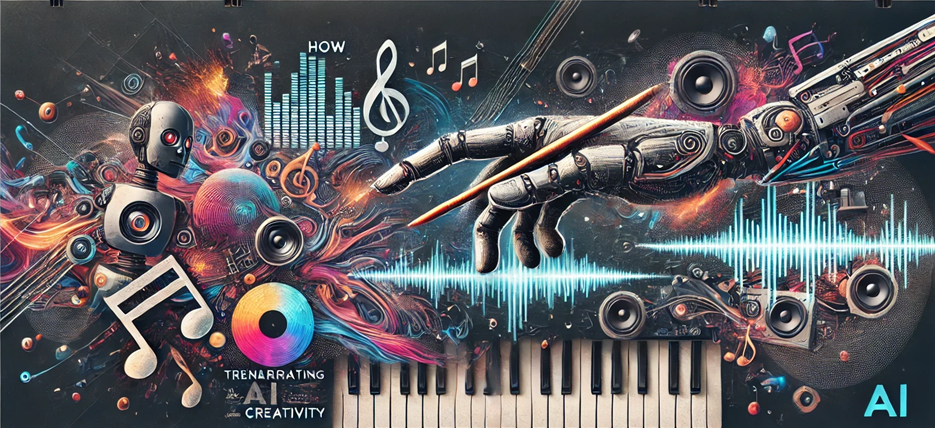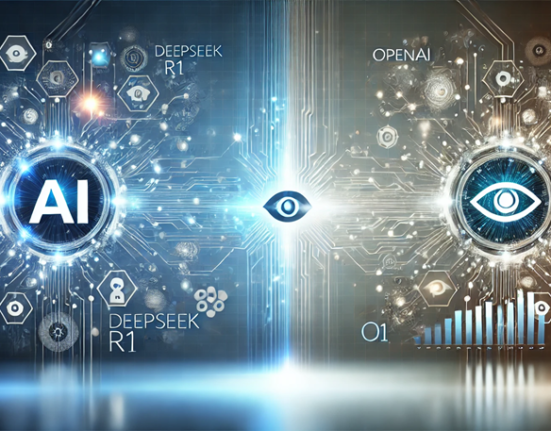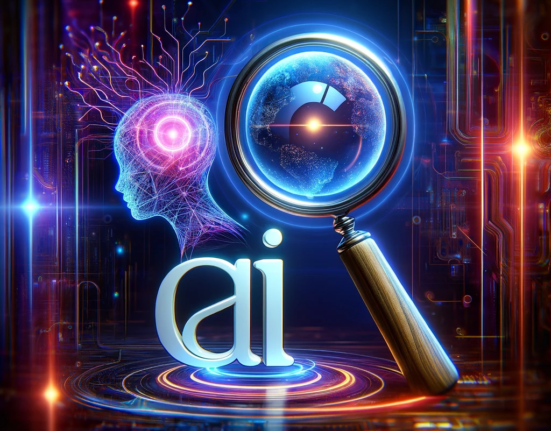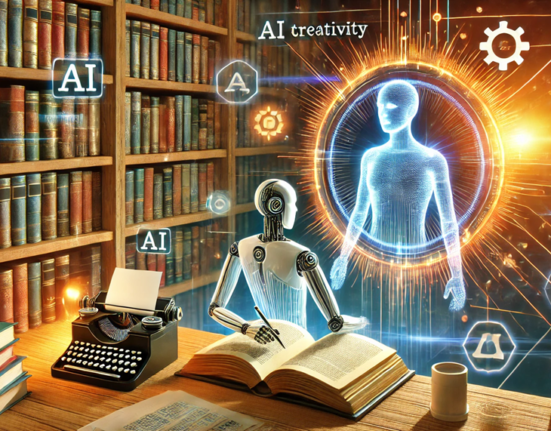The Rise of Generative AI in Creative Fields
The creative industries—art, design, music, filmmaking, marketing, and content creation—are undergoing a radical transformation, thanks to Generative AI. This powerful technology, fueled by advanced machine learning models like OpenAI’s DALL·E, ChatGPT, MidJourney, and DeepMind’s MusicLM, is reshaping the way creatives work, think, and produce content.
From AI-generated art and AI-assisted video production to automated copywriting and AI music composition, the rapid adoption of Generative AI tools is raising questions about creativity, copyright, and the future of human involvement in artistic endeavors.
But how exactly is Generative AI disrupting creative industries? Let’s explore the key areas of transformation, opportunities, and challenges facing artists, designers, musicians, and content creators worldwide.
How Generative AI is Transforming Creative Industries
Generative AI is no longer just a futuristic concept—it’s already being used across industries to automate creative processes, enhance artistic capabilities, and even generate entire works of art, music, and literature. Here are the biggest ways AI is disrupting creativity.
1. AI in Graphic Design & Digital Art
✔ AI-powered design tools like DALL·E, MidJourney, and Adobe Firefly can generate high-quality illustrations, logos, and artwork in seconds.
✔ Designers now use AI for ideation, mood boards, and enhancing creative workflows.
✔ AI-generated art is being sold as NFTs (Non-Fungible Tokens), raising new debates over artistic ownership.
🚀 Example: AI-generated artwork “Edmond de Belamy” sold for $432,500 at a Christie’s auction, proving AI’s impact on the art world.
2. AI in Music & Sound Production
✔ AI music generators like AIVA, Amper Music, and OpenAI’s MusicLM can compose entire soundtracks for films, games, and commercials.
✔ AI can mimic famous composers, creating music in Mozart’s or Beethoven’s style.
✔ Musicians and producers use AI tools to enhance mixing, mastering, and beat-making.
🚀 Example: AI-generated songs using deepfake technology have replicated voices of artists like Drake & The Weeknd, sparking debates over AI ethics in music production.
3. AI in Content Writing & Copywriting
✔ AI tools like ChatGPT, Jasper AI, and Copy.ai are writing blogs, ad copy, and even books.
✔ Businesses are automating content creation, reducing dependency on human writers.
✔ AI-generated content still requires human editing to maintain originality and emotional depth.
🚀 Example: The first AI-written novel, 1 the Road by Ross Goodwin, was generated using a neural network trained on travel literature.
4. AI in Video Editing & Filmmaking
✔ AI-powered video editing tools like Runway ML, Synthesia, and DeepBrain AI are helping filmmakers automate scene generation, deepfake creation, and CGI enhancements.
✔ AI is reducing production costs by handling editing, dubbing, and even voiceover work.
✔ AI-generated virtual actors and deepfake technology are changing how movies are made.
🚀 Example: The first AI-generated feature film, Zone Out, was created using AI-generated visuals, scripts, and voiceovers.
5. AI in Marketing & Advertising
✔ AI is automating social media content creation, ad copy, and campaign visuals.
✔ AI-driven platforms like Persado and Phrasee create emotionally resonant marketing messages.
✔ Brands are using AI-generated influencers like Lil Miquela, a virtual social media personality with millions of followers.
🚀 Example: Coca-Cola’s AI-driven ad campaign used DALL·E to generate personalized visuals for digital marketing.
Opportunities: How AI is Enhancing Creativity
While some fear AI is replacing human creativity, others see it as an opportunity to enhance creative work and make artistic production more efficient.
1. Faster Creative Workflows
✔ AI accelerates ideation and brainstorming, allowing artists and marketers to experiment faster.
✔ Designers use AI to generate multiple versions of an idea before selecting the best one.
2. Personalized & Scalable Content Creation
✔ AI enables hyper-personalized marketing campaigns by analyzing customer data.
✔ AI-generated avatars and chatbots enhance brand engagement.
3. Democratization of Creativity
✔ AI allows non-artists, non-musicians, and non-writers to create high-quality content.
✔ AI-driven platforms help small businesses and entrepreneurs access professional-level creative tools.
Challenges: The Ethical & Legal Debate Around AI in Creative Industries
While AI is empowering creative professionals, it also raises serious ethical and legal concerns.
1. Copyright & Ownership Issues
✔ If AI generates a piece of art, who owns it—the AI, the developer, or the user?
✔ AI-generated content often uses datasets trained on human-made works, leading to intellectual property disputes.
2. Authenticity & Human Creativity
✔ Can AI-generated music, art, or writing have the same emotional depth and authenticity as human creations?
✔ Some argue AI is making creativity more “algorithmic” rather than emotional.
3. Job Displacement in Creative Industries
✔ AI automation is replacing graphic designers, content writers, video editors, and musicians.
✔ The demand for human creativity is shifting toward AI oversight and refinement rather than pure content creation.
🚨 Example: In 2023, Hollywood screenwriters went on strike against AI-generated scripts, fearing job losses.
The Future of Generative AI in Creative Fields
So, will AI replace human creativity? Not entirely. Instead, AI is becoming a tool that assists rather than replaces creative professionals.
✔ Artists and designers will use AI for ideation, automation, and enhanced digital creativity.
✔ Musicians and producers will integrate AI-generated sounds and lyrics into compositions.
✔ Writers and filmmakers will combine AI with human storytelling to create richer narratives.
✔ Brands will continue using AI-driven marketing, but human oversight will remain essential.
The future of AI in creative industries will likely be a hybrid model, where human ingenuity and AI efficiency work together to push the boundaries of creativity.
Conclusion: AI is Redefining, Not Replacing, Creativity
The rise of Generative AI in creative industries is disrupting traditional workflows, creating new opportunities, and sparking ethical debates.
✔ AI-powered tools are changing how we create, design, write, and market content.
✔ While AI can automate tasks, human creativity, storytelling, and emotion remain irreplaceable.
✔ Businesses and creatives must embrace AI while ensuring ethical and legal guidelines are in place.
AI isn’t killing creativity—it’s transforming it. Those who adapt and leverage AI as a creative partner will be the ones who thrive in the new era of digital artistry.
